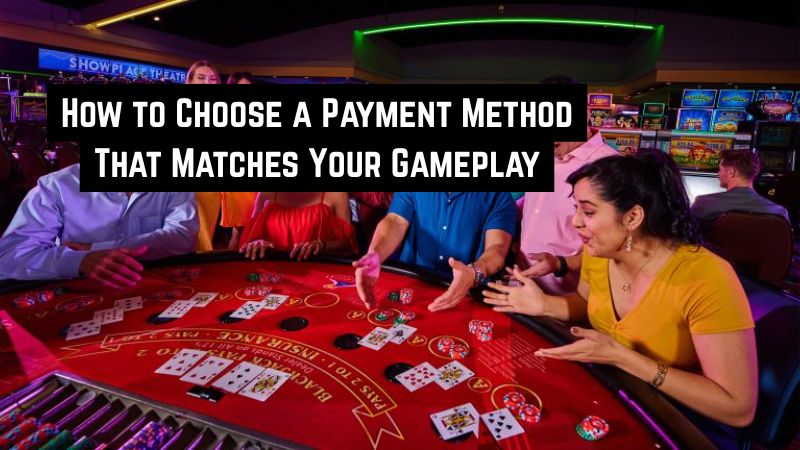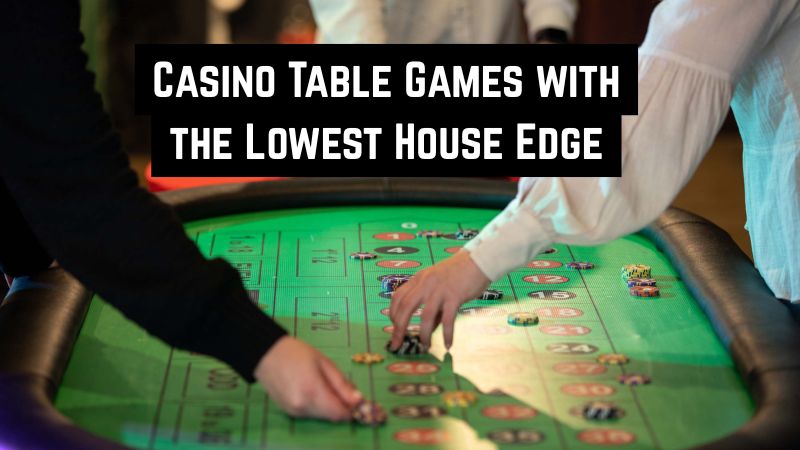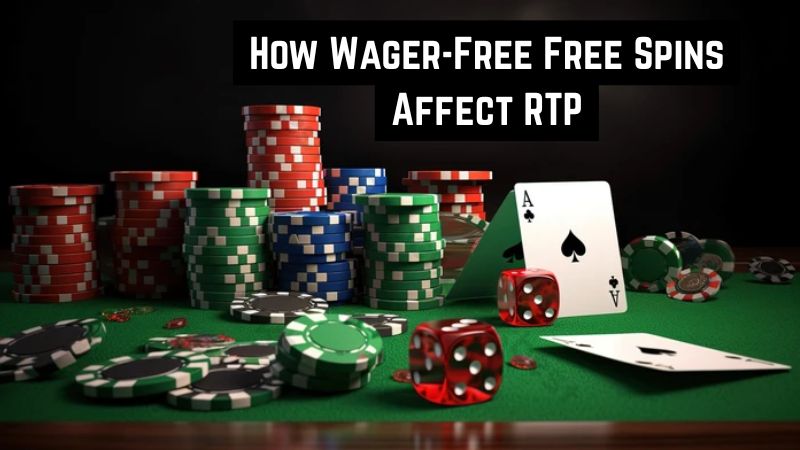
Online gambling has grown rapidly over the past decade. With just a phone or laptop, anyone can place a bet, spin a slot, or join a poker table. While it may seem like harmless fun, for many people, it becomes much more serious. Gambling addiction, especially online, can creep in silently and quickly take over lives.
This blog will help you understand the signs of online gambling addiction and where to find support if you or someone you care about is struggling.
What is Online Gambling Addiction?
Online gambling addiction is a type of behavioral addiction where a person feels the uncontrollable urge to gamble online. This addiction is not just about money. It’s about the thrill, the escape, and the false hope of winning big.
People addicted to gambling often continue playing even when it causes serious problems in their life—financial, emotional, or social. Online gambling is especially risky because it’s always available and easy to hide.
Common Signs of Online Gambling Addiction
It’s important to recognize the warning signs early. Addiction doesn’t happen overnight, but once it takes hold, it can be very difficult to stop.
1. Preoccupation with Gambling
Someone addicted to gambling often thinks about it all the time. They may talk about gambling often, plan their next game, or relive past wins.
They may also keep checking gambling websites or apps throughout the day, even during work or family time.
2. Hiding or Lying About Gambling
People with an addiction often feel shame. They might hide their gambling habits from loved ones. They may lie about how much time or money they’ve spent on gambling.
Secretive behavior, such as deleting browser history or hiding bank statements, is a common red flag.
3. Chasing Losses
Chasing losses is a key sign of addiction. When someone loses money, they feel the urge to keep gambling to win it back. This usually leads to even bigger losses and more stress.
This cycle can spiral out of control quickly, leaving the person feeling trapped and desperate.
4. Loss of Control
A person with a gambling problem often feels unable to stop, even if they want to. They may make promises to quit, but go back to gambling anyway.
They might set limits for themselves but always break them.
5. Neglecting Responsibilities
When gambling takes over, important things are left behind. People may start missing work, ignoring family, or skipping important events.
Bills might go unpaid, and personal relationships often suffer. The addiction becomes the main priority.
6. Financial Problems
Gambling addiction often leads to money troubles. People may borrow money, max out credit cards, or even steal to keep gambling.
They may deny how bad things are or become defensive when asked about their spending.
7. Mood Swings and Anxiety
Someone addicted to online gambling may seem unusually stressed, anxious, or irritable. Their moods might change quickly—happy after a win, depressed after a loss.
These mood changes often reflect the ups and downs of their gambling behavior.
Why Online Gambling is So Addictive
Online gambling is more addictive than traditional gambling for several reasons:
- It’s available 24/7
- It’s easy to access privately
- It offers fast-paced games with instant results
- Bonuses and rewards make it feel exciting
- The platforms are designed to keep players hooked
This convenience makes it much harder for people to resist the urge or take breaks.
How Gambling Affects Daily Life
Gambling addiction doesn’t just affect your wallet—it touches every part of your life.
It can destroy relationships. Trust between partners, friends, and family members often breaks down.
It can harm your mental health. Many people with gambling problems feel shame, guilt, anxiety, or even depression.
It can lead to job loss or poor performance at work, causing further financial and emotional strain.
Getting Help and Support
The good news is that recovery from gambling addiction is possible. Many people have found ways to take back control of their lives with the right support.
1. Talk to Someone You Trust
Opening up is the first and hardest step. Talk to a friend, family member, or someone you trust. Sharing your struggle can relieve pressure and help you feel less alone.
Sometimes, just talking can give you the strength to seek further help.
2. Join a Support Group
Support groups like Gamblers Anonymous offer a safe space to talk with others who understand what you’re going through.
These groups provide encouragement, advice, and accountability—three things that are key in recovery.
3. Seek Professional Counseling
Therapists who specialize in addiction can help you understand why you gamble and how to stop. Cognitive Behavioral Therapy (CBT) is one approach that’s often effective.
Online therapy is also available, making it easier to find help from home.
4. Use Blocking Tools
There are apps and tools that block access to gambling websites. Some banks also allow you to block gambling-related payments.
Using these tools can give you the extra push to stay away from temptation.
5. Make a Financial Plan
If you’re in financial trouble, consider speaking to a financial advisor or a debt support service. Creating a budget or payment plan can help reduce stress and give you a clear path forward.
Taking back control of your money is a powerful step toward recovery.
Helping a Loved One with Gambling Addiction
It can be heartbreaking to watch someone you care about struggle with addiction. Here are a few things you can do:
- Encourage open and honest conversation
- Avoid judgment or blame
- Offer support, but set boundaries
- Help them find professional help
- Don’t give money that could be used for gambling
Supportive but firm communication can make a big difference.
Recovery is a Journey
Recovering from online gambling addiction takes time, effort, and patience. There may be setbacks, but each step forward is a victory.
People who commit to recovery often say they feel more peace, confidence, and connection with others once they’ve stopped gambling.
It’s never too late to seek help, and the benefits of getting support are life-changing.
Final Thoughts
Online gambling addiction is a serious but treatable issue. The signs are often hidden, but if you know what to look for, you can catch them early. Whether you’re struggling yourself or concerned about someone else, know that help is available.
Recovery starts with awareness and honesty. From there, support, counseling, and community can help you regain control. You’re not alone, and there is hope.





